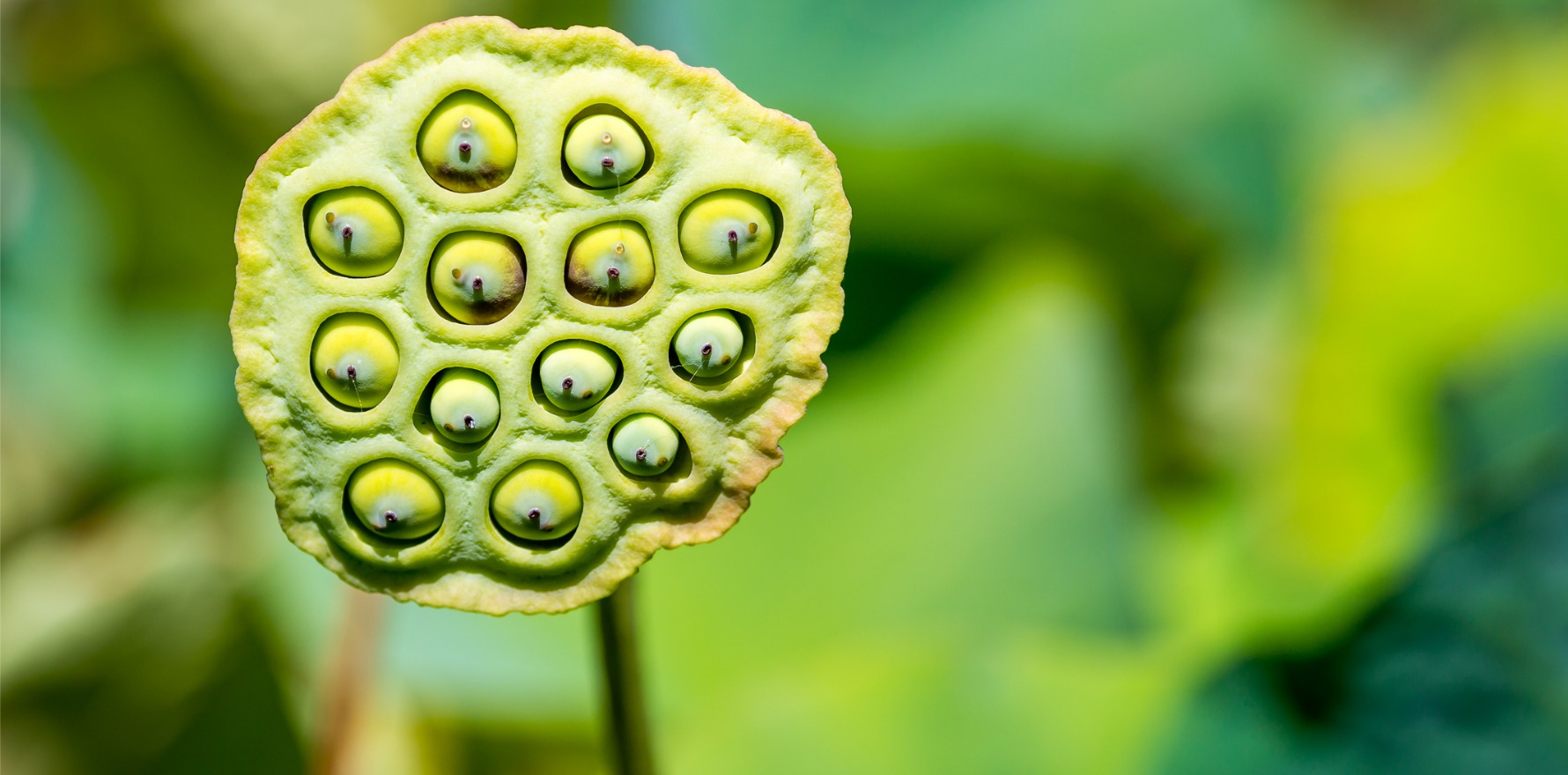Early findings suggest a father’s gut health could impact their child’s brain development.
In early research being touted as a first, Melbourne researchers have found evidence to suggest a father’s gut health plays a role in offspring’s brain development.
The research, published in Brain, Behavior, and Immunity this month, found that depletion of the gut microbiota of male mice was associated with specific changes in small RNA profiles of sperm and led to significant impacts on offspring phenotypes.
“The changes in the offspring include sexually dimorphic modulation of affective behaviours, in particular anxiety and depressive-like behaviours and/or stress-coping strategies,” the authors wrote.
“Overall, the present study provides the first evidence for a role of the paternal gut microbiota in modulation of offspring physiology and behaviour.”
And while the research is so far limited to mice, co-lead author and research lead at the Florey Institute’s Mental Health Mission, Professor Anthony Hannan, said the findings, as well as his lab’s previous work, have potential implications for men planning families, suggesting that their nutrition and health could affect their future children.
“We’re used to hearing that women need to look after their physical health for the sake of their baby,” he said.
“Our discoveries in mice, and emerging findings in humans, suggest that it’s important that men do so too.”
The research found that the depletion of the gut microbiota of male mice was associated with changes in their sperm that significantly affected offspring.
“Male mice were given oral antibiotics to deplete their gut microbiota. We discovered that this resulted in epigenetic changes in sperm that could alter neurodevelopment and associated brain function in offspring,” Professor Hannan said.
Male and female offspring in the study had reduced body weight and their gut length was reduced. Female offspring also showed changes in anxiety and depressive-like behaviours.
Co-lead author Dr Carolina Gubert said that the composition of microbial populations in the gut in mice and humans can be affected by many environmental factors such as diet, exercise and stress.
In earlier studies at The Florey, Professor Hannan’s team showed that mouse offspring are affected by changes in their father’s sperm caused by bacterial infections and virus-like challenges, as well as diet, exercise and stress.
The study’s first author, PhD student Bethany Masson, said “human gut microbiota function was similar to mice and we believe our findings may have broader implications for human health”.
“Men’s health, diet and behaviour before conception may play an important role in the health of their children,” she said.


